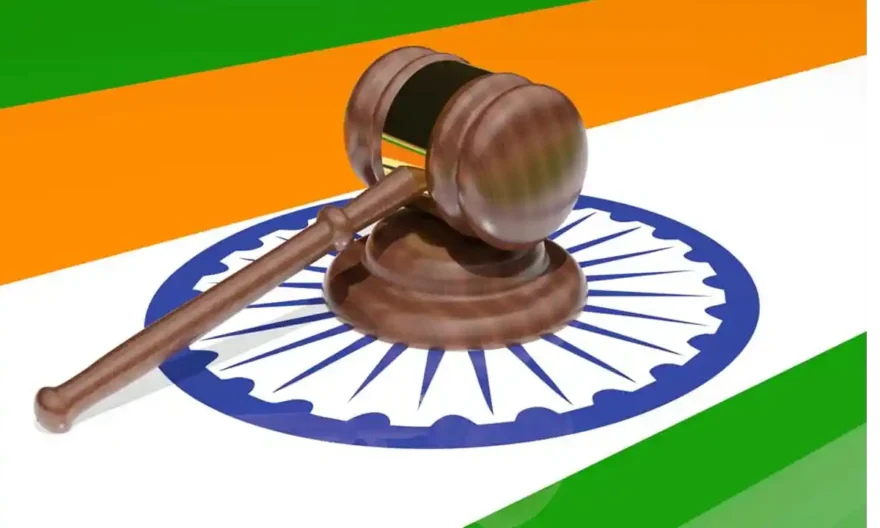
The Supreme Court directed on Friday that the Centre be served with a copy of the Public Interest Litigation (PIL) seeking to declare that citizens have a fundamental right to directly petition Parliament and invite deliberation on important issues of public interest.
A Bench of Justice K.M. Joseph and Justice B.V. Nagarathna observed that it did not want to issue notice in the plea at this time and instead wanted to hear from the Centre on the practical aspects and the existing system.
“We are not issuing notice for the time being. We want to be told what is happening there (the existing system)”, the Bench stated.
The petition asked for a system with rules and a regulatory framework that would allow citizens to petition the Indian Parliament for debates, discussions, and deliberations on issues and concerns raised by citizens.
According to the PIL, if the framework is implemented, Parliament will be able to address citizens’ grievances in a proper manner. It also stated that the current system does not fully allow citizens to initiate debate in Parliament by submitting appropriate petitions.
During the hearing, one of the first questions posed by the Bench to the petitioner Karan Garg was,
“How is the writ petition maintainable against the Lok Sabha and Rajya Sabha? We are little taken aback.”
“A citizen can directly petition the Lok Sabha even today. What you are saying is that it is not effective, right?”, the Bench further questioned.
Given the vast population differences between India and the other countries where this system is used, the Bench concluded that it may not be feasible:
“There are two aspects to it. India’s population is more the Australia and UK (countries where this system is present). What will possibly happen if we were to recognise this? You want us to declare it the law be declared as part of Article 19(1) (a). Look at the practical aspect – how it will clog the working of the Parliament! Let us see what they have to say. Let’s see what is practically feasible.” (‘they’ here refers to the Centre Government).
“When you suggest something should be a Fundamental Right, it must be well thought through,” the Bench remarked as the case came to an end.




